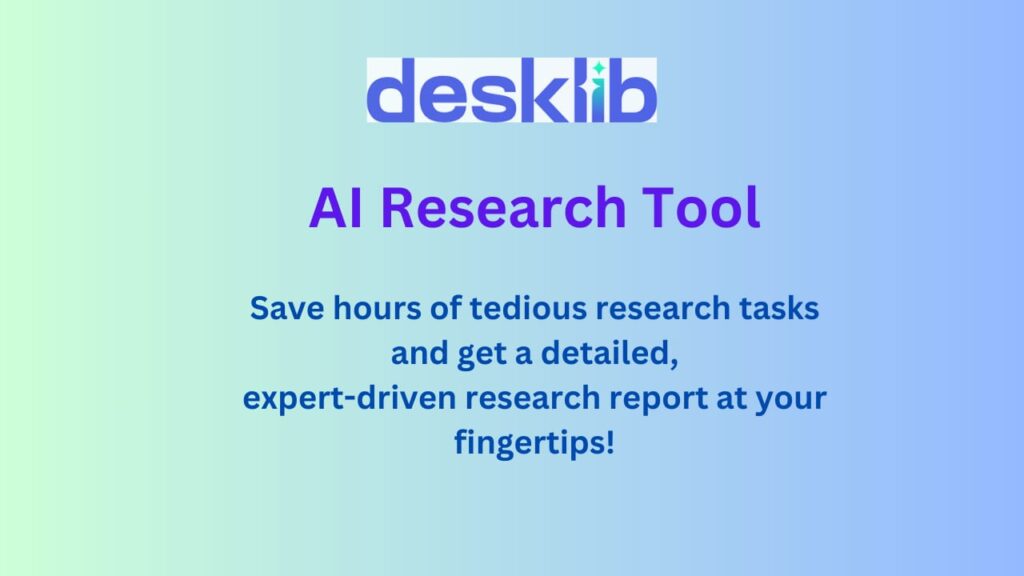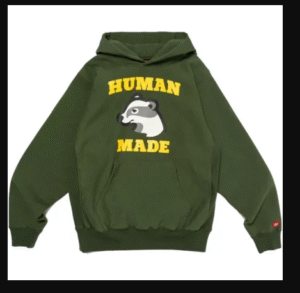Tesla has never been a traditional type of car company. As a clean energy and electric car leader, it has been the epitome of futurism and sustainability. But in its charge to drive the car revolution, Tesla has also had real ethics issues, most emblematically when introducing its Model 3. Under increasing pressure, delayed deadlines, and dubious choices, Tesla’s story has a useful lesson on the role of ethics in innovation.
The Model 3 Case: High Hopes, Delayed Deliverance
Tesla’s Model 3 was the hottest electric vehicle in the U.S. automotive market as well. More than half a million customers shelled out a $1,000 deposit to be among the first in line to buy the affordable, high-performance EV. That didn’t exactly pan out, however. Tesla’s strategy of employing more than 1,000 robots for a robot-only assembly line didn’t pan out as expected, with CEO Elon Musk labeling it “production hell.” About 25% of those deposits were returned in mid-2018.
Complete automation fixation led to timelines and quality issues. Musk’s refusal to conduct the critical beta production process, standard in the industry for other companies, denied the company any opportunity to catch or rectify systemic flaws. Human assembly of the majority of components undermined the company’s automated process and extended delivery further, inducing client mistrust.
The Ethical Implications of Automation and Work
At the core of this case is a simple ethical question: substituting human labor with machinery. Tesla opted for automation not only on the grounds of efficiency but also to eliminate previous labor problems. From an ethical egoism point of view, this egoistic decision would have been ethical. But from a utilitarian or public welfare level, it sacrificed higher social interests—i.e., employment schemes and consumer protection. A healthier balance with both automation and specialist labor would have benefited everyone more. But this simple question of why Tesla chose to automate is not the only question in this case.
Transparency and Accountability: A Breach of Trust
Tesla’s transparency has some ethical implications. The customers were never informed of delays, and the failure of the company to pass on delays in production marred its brand name. By skipping quality control processes such as beta testing, Tesla denied the same standards that guarantee product safety. The action not only jeopardized the company’s reputation but perhaps even the health of its users. On a virtue ethics basis—where responsibility, integrity, and honesty form the center—Tesla failed.
Rules Broken: Legal and Ethical Supply Chain Concerns
Tesla’s risk of unilaterally bypassing conventional dealership networks and selling directly to customers was a gamble. But the action was contrary to franchise laws in place in most U.S. states. Unconventional in its approach, the action was egotistical and dismissive of the current industry arrangements. Ethical egoism might exonerate the action post facto, but the action incited dealer tensions and upset the supply chain. A participative, team-based approach to dealing with dealers might have minimized the litigation risk and fostered improved partnerships.
A Way Forward: Ethical Solutions for Sustainable Growth
Tesla’s mistakes, costly as they are, are reversible. The company can restore public confidence and moral character through some restructuring. Resurrecting beta testing and quality control procedures would make the product more dependable. Hiring more qualified staff to supplement automated systems would improve performance as well as avoid moral issues of job loss. Additional openness is also needed. Permits customers to view genuine updates and truthful timelines, which is how trust can be restored. Lastly, dealing directly with the dealers instead of bypassing them would prevent additional regulatory and operational complications, allowing for easier market entry across all states.
Conclusion: The Ethical Imperative for Innovation
Tesla’s story is bigger than electric cars—it’s the battle to build a responsible, ethical company in the midst of a revolution. The Model 3 experiment showed chutzpah, but also the cost of eschewing ethics for faster, more profitable delivery. Tesla’s triumph or failure at its comeback, remaking, and learning curve from these errors will not only determine its future success but also set the standard for how innovation and ethics can—and must—intersect. Want to know more? Head to DeskLib’s website and learn more about this topic using our AI researcher tool.
- Ethics of Teslas Production Hell and Innovation Struggles
- Explore the ethical challenges behind Tesla's production hell, highlighting the impact of rapid innovation, worker pressure, and leadership decisions.
- Education, AI Tool,
Related posts:
 Engineering Design Assignment Help: Making Complex Projects Easier for Students
Engineering Design Assignment Help: Making Complex Projects Easier for Students
 Turnitin Reports Made Easy with Political Science Solution’s Research Guide
Turnitin Reports Made Easy with Political Science Solution’s Research Guide
 How COVID-19 Changed The Classroom Tech Adoption in Pakistan
How COVID-19 Changed The Classroom Tech Adoption in Pakistan
 Best NDA Coaching Institute Kanpur NDA Coaching Institute Kanpur -La Militaire Academy
Best NDA Coaching Institute Kanpur NDA Coaching Institute Kanpur -La Militaire Academy
 ICFM Stock Market Classes Offer Practical Trading Education, Real-Time Learning, Expert Mentorship
ICFM Stock Market Classes Offer Practical Trading Education, Real-Time Learning, Expert Mentorship
 ICFM stock market classes empower your future with proven strategies
ICFM stock market classes empower your future with proven strategies
 Law Assignment Help Services for Australia Students Online !
Law Assignment Help Services for Australia Students Online !







